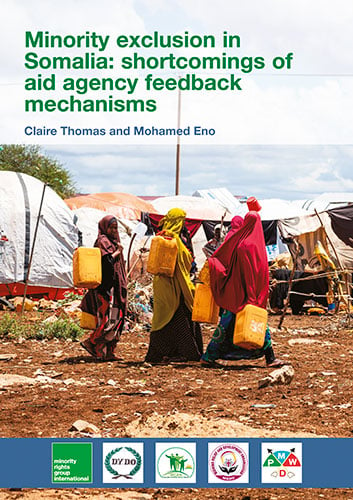
A double bind: The exclusion of Pastoralist women in the East and Horn of Africa
Pastoralism is one of the predominant livelihoods in eastern Africa and the Horn. But pastoralist societies are increasingly excluded and vulnerable as a result of agricultural expansion, environmental conservation, population pressure, climate change and conflict.In these already marginalized societies, pastoralist women are themselves further excluded, leading to increased vulnerability, inequality and dependency. Pastoralist women endure harmful customs such as female genital mutilation. They have little access to public services or to productive assets, including livestock and land. They are unable to inherit property and, perhaps most significantly, they are generally excluded from decision-making at the local and national level.
Governments throughout the region tend to hold the inaccurate view that the pastoralist way of life is both the cause of drought and desertification, and a major constraint on development. Sedentarization has therefore been promoted against the will of pastoralist communities.
This report argues that more productive interventions by government and non-governmental organizations can only come about if gender imbalances are acknowledged and addressed. It presents research and interviews with pastoralist women – including some who have succeeded in being elected to regional and national government – discussing aspects of their social, economic and political exclusion. Finally, it presents a set of recommendations for improving the situation of pastoralist women – and all pastoralists – in the future.




